|
In this post, we are going deeper into the Dynamic Data project, looking at the Uber dynamic data (library available here on GitHub and at NPM). Opening the library, you’ll see there are ten types of data objects: ProductDetails, PriceEstimates, TimeEstimates, UserInfo, PaymentMethods, SavedPlaces, RideDetails, RideMapDetails, RideReceiptDetails and Products. Learn more about dynamic data generators and the benefits of artificial data in software development. About the data source Uber (iOS|Android)is one of the largest ride-hailing apps available. Using the app, the user requests a ride along with the desired destination. The driver will travel towards the riders current location whilst they wait. Once the driver arrives, the rider confirms the drivers identity and travels with the driver towards the destination. After the trip, the rider can rate the trip with a 5-star system and tip the driver. There are several available rides depending on the number of guest riders and any mobility assistance needed. There are several other services offered by Uber:
Approach used Uber has an offical API that allows for the retrieval of ride and personal info. Using the API reference, several JSON objects were created and stored from the data types recorded. The index file of the package imports these data objects and exports them as a collection called “Data”. These mockup files make up the uber-data package Models Generated With JSON Crack The uber-mockup package imports the file above and goes through each attribute generating artificial (new) data using proprietary functions, such as those found in the utils package. For example, with the PriceEstimates object:
Use case ideas
Ideas to combine with some other data sources
Open-source data library We welcome contributions and forks to this data set, and look forward to seeing what developers build in our Liberty. Equality. Data. Slack channel. Considerations for next version/improvements
With Prifina developers can use the Dynamic Data Libraries natively in the App Studio to build direct to consumer apps where individuals can run them with their own user-held data. Join our Slack community; Liberty. Equality. Data. to brainstorm and collaborate with other app developers, designers, and our team.
Comments are closed.
|
|
© 2024 PRIFINA INC.
|


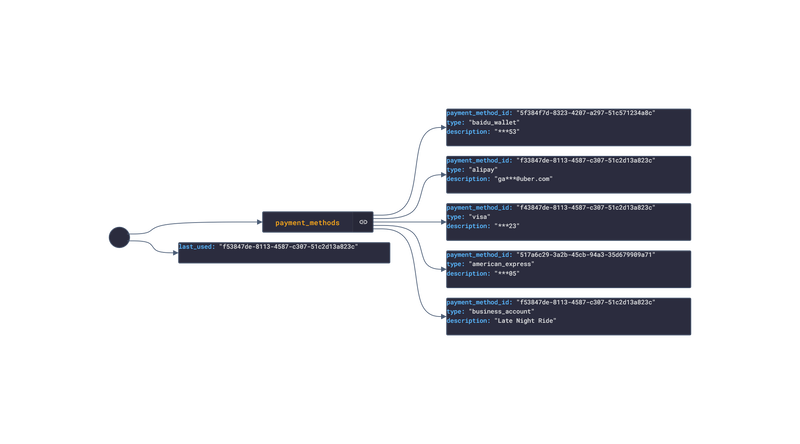
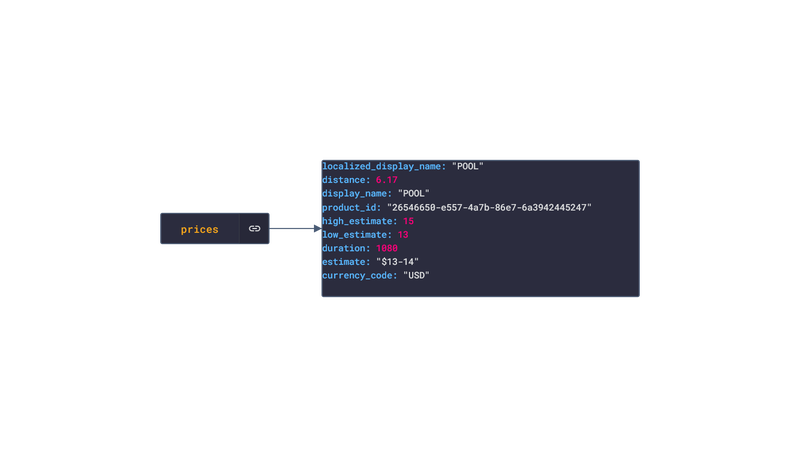
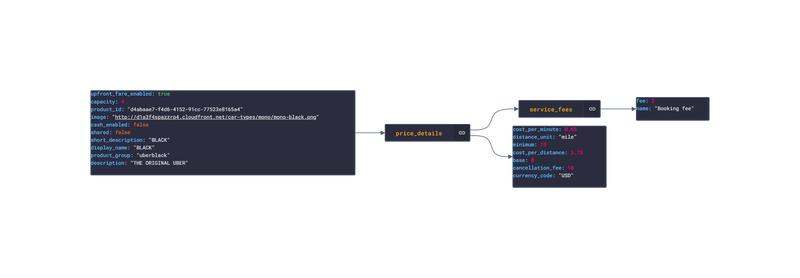

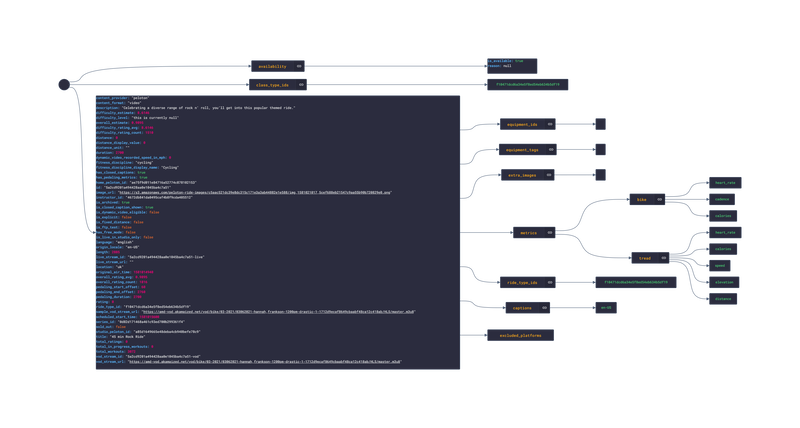
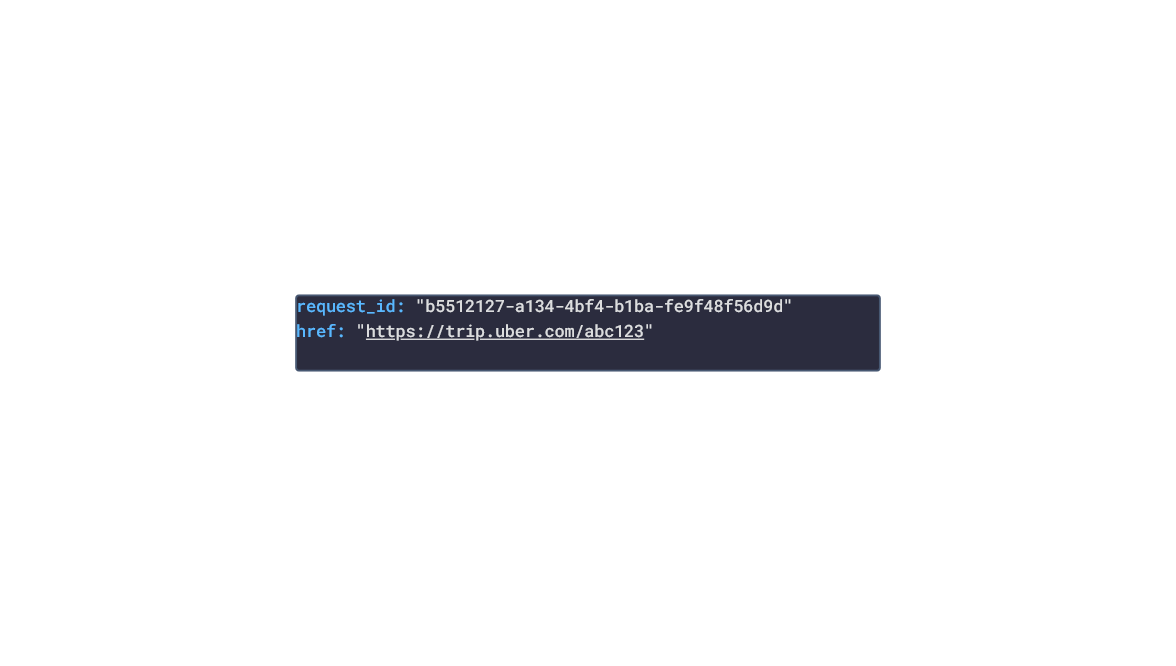
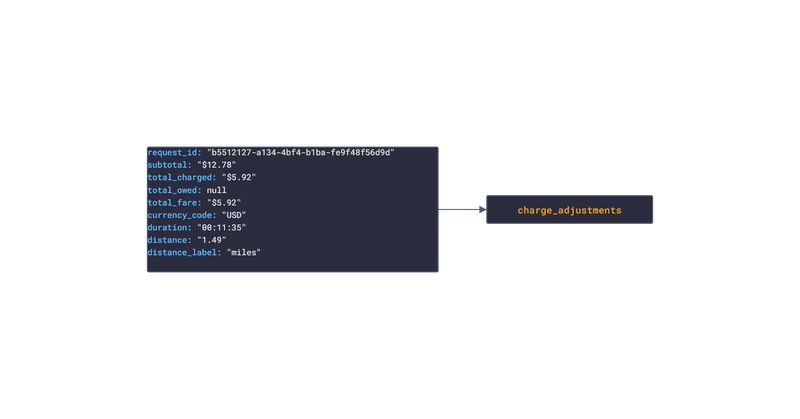
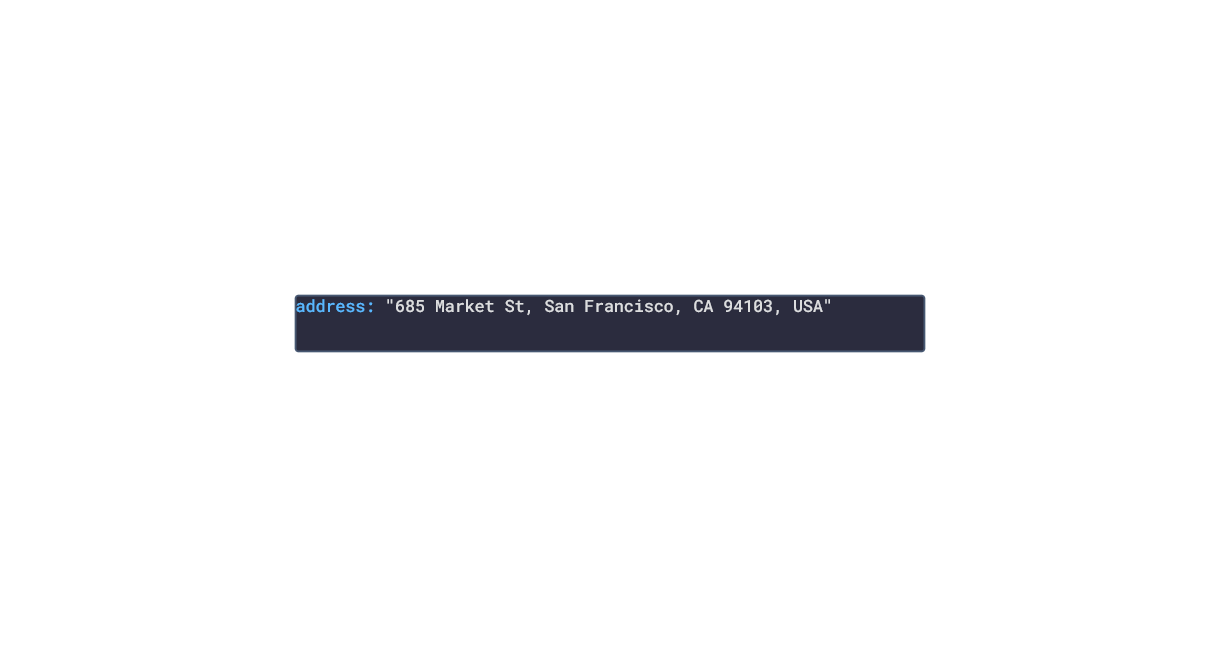
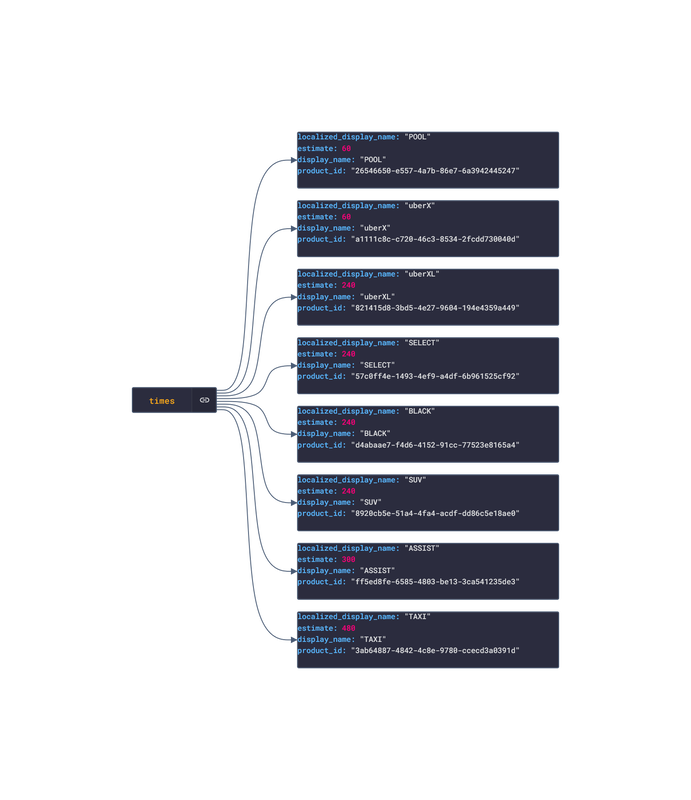
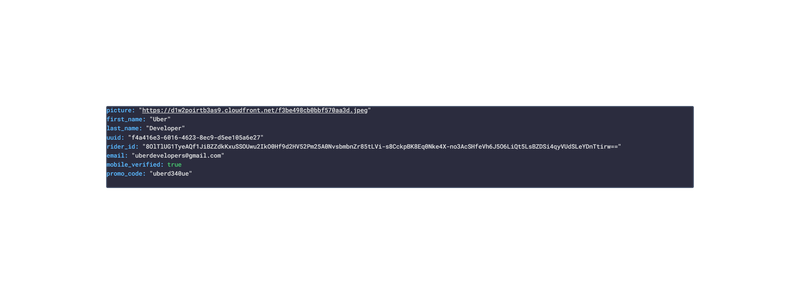
 RSS Feed
RSS Feed